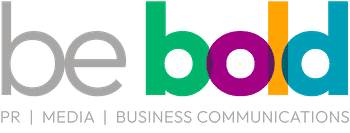One of the key points we often make to our clients is that you should never assume knowledge or an understanding of specialist language on the part of your readers.
It doesn’t matter how specialist your business is and how much you would expect users of your product or service to know (or even for peers to understand), when you write you make it accessible. Farmers, scientists, marketers, etc, all have plenty of acronym-laden language in their vocabulary, but even if you know what a string of letters mean, its no fun having to keep decoding a piece of text in your head as you read it.
Even specialist journals (the good ones at least) insist on clear writing so that the topic can be understood by anyone and not just those in the know.
What’s worse though is to use the slang on the assumption that it will be understood. This post was sparked by receiving this email today:

Wow. I’m just a prospective customer trying to get something done and as the person who was supposed to be doing it hadn’t replied to me for ages, I used the email address suggested in their out of office message. This was the auto response to that.
Those acronyms might mean something to people in their business, but not to me. I can guess what a ‘jeopardy status’ might be – but it still sounds stupid and officious. It’s a poor use of language.
Now I’m wondering; do I want to do business with these people? What will they be like if we need support?
If you have something to say, people will always, always thank you for saying it clearly and in language they can understand immediately.



